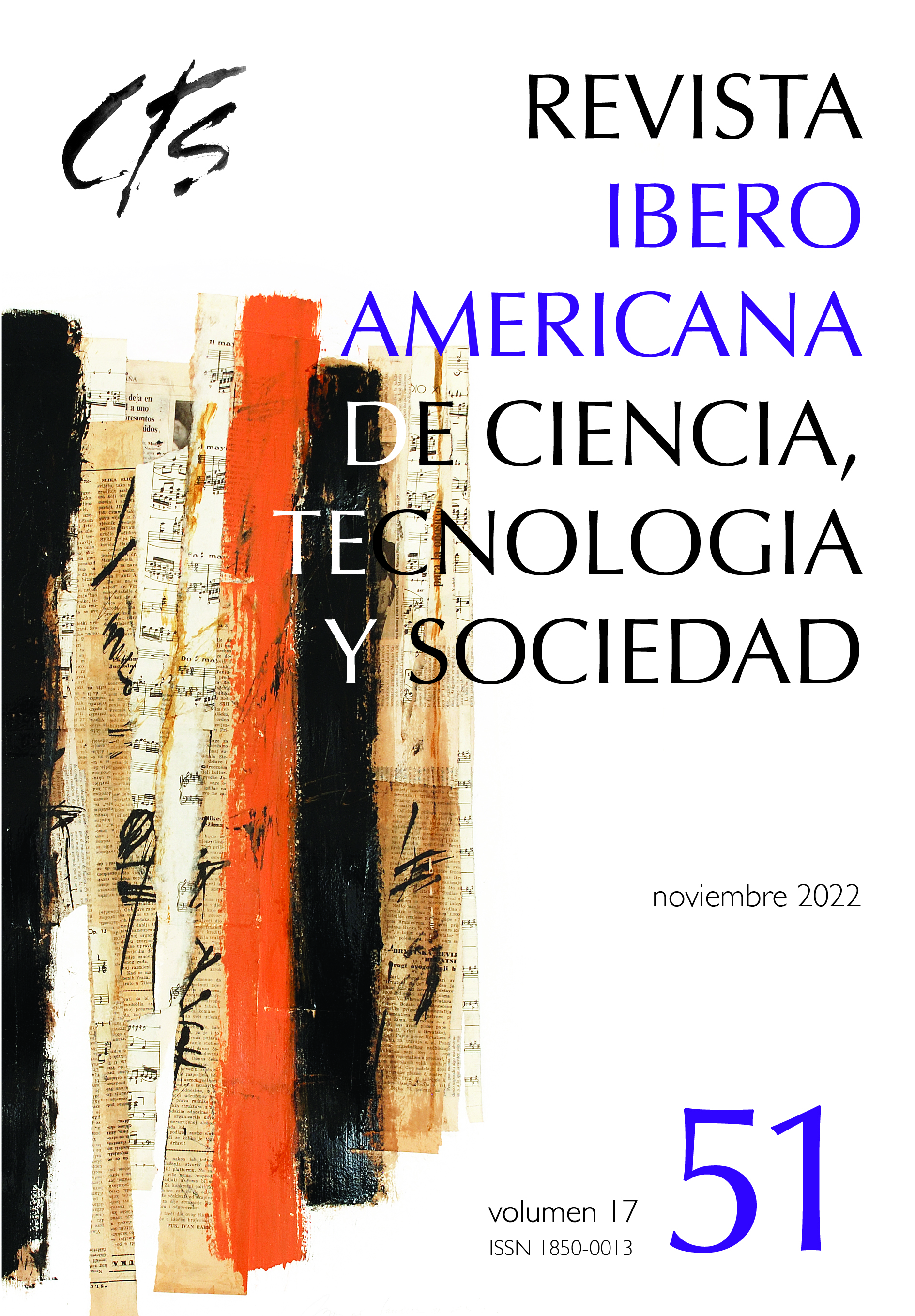From Educational STSE to Content Environmentalization and Environmental Citizenship Training
Keywords:
socio scientific issues, socially acute questions, scientific literacy, environmental citizenship, content environmentalizationAbstract
This article reviews the contributions of the STSE approach to science education from five aspects. Firstly, it describes the approach from scientific literacy in the traditional vision, in the one centered on the utility of science and in the emancipatory vision. Secondly, it analyzes the STS approach in interaction with the environment; this is proposed as a response to the crisis in the relationships between society, environment, science and technology; it establishes the content evolution in the teaching of chemistry and environmental and sustainable education. Thirdly, it compares the STSE approach with socio-scientific issues (SSI) and socially acute questions (SAQ) from the point of view of chemistry education. Fourthly, it explains the approximation of two types of education, scientific and environmental education, through curricular environmentalization, as it considers the approaches linked to STSE, STS and SAQ. Fifthly, it shows how the STSE approach favors citizenship education, scientific citizenship, and environmental citizenship for a holistic and complex transformation of science education. These five aspects demonstrate that the STS/STSE approaches have allowed the modification of traditional content in science education for a more contextualized content, in order to train subjects to respond to current challenges, especially those connected with the socio-environmental crisis.
Downloads
Downloads
Published
How to Cite
Issue
Section
License
Copyright (c) 2022 CC Attribution 4.0

This work is licensed under a Creative Commons Attribution 4.0 International License.
All CTS's issues and academic articles are under a CC-BY license.
Since 2007, CTS has provided open and free access to all its contents, including the complete archive of its quarterly edition and the different products presented in its electronic platform. This decision is based on the belief that offering free access to published materials helps to build a greater and better exchange of knowledge.
In turn, for the quarterly edition, CTS allows institutional and thematic repositories, as well as personal web pages, to self-archive articles in their post-print or editorial version, immediately after the publication of the final version of each issue and under the condition that a link to the original source will be incorporated into the self-archive.











